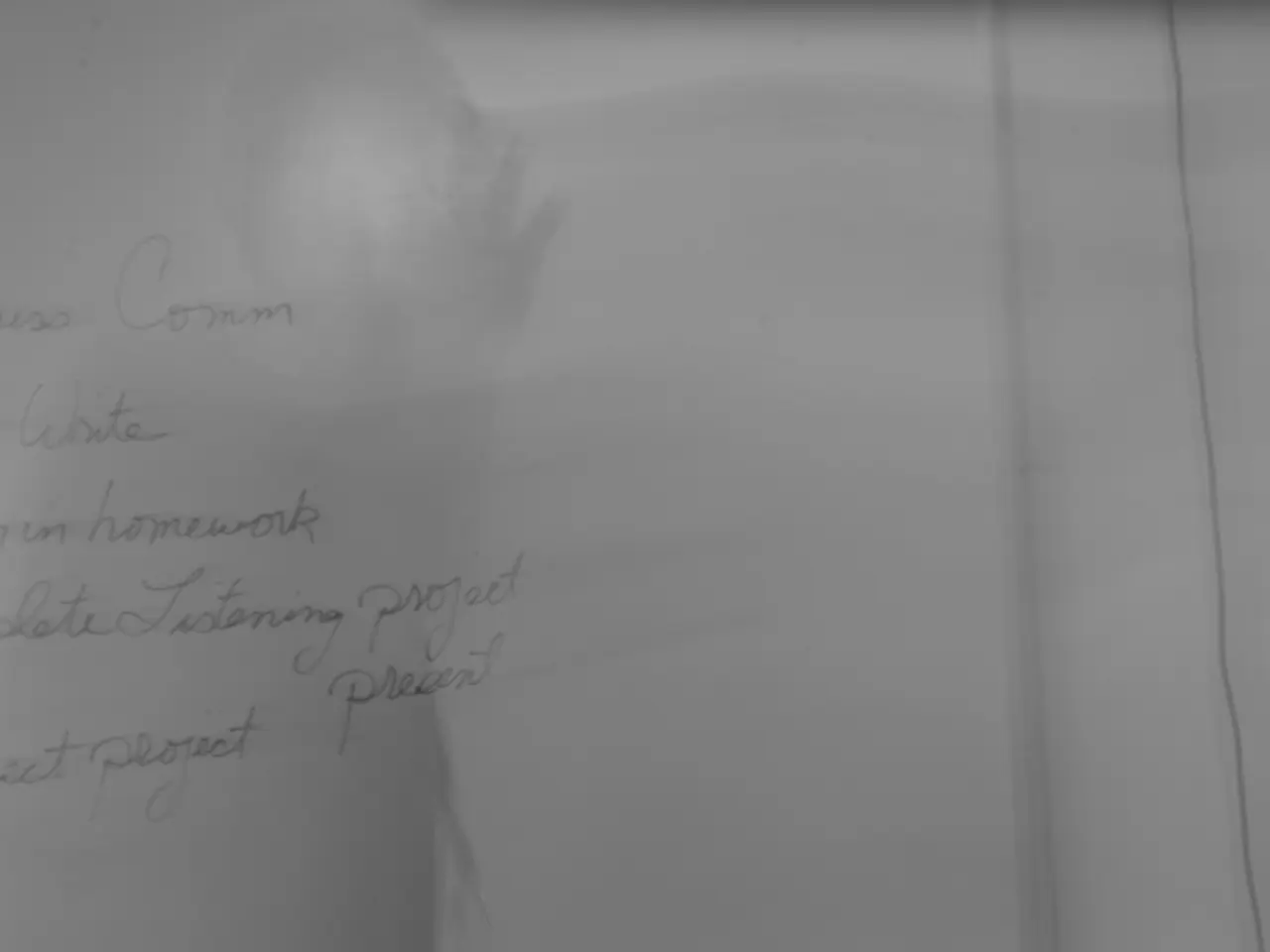Polish Government Undergoes Reorganization, designates Former Prime Minister Tusk as Vice Minister of Foreign Affairs
In the lead-up to the inauguration of the EU-skeptic President Karol Nawrocki on August 6, 2025, Prime Minister Donald Tusk has announced a significant government reshuffle. The reorganization includes the creation of two superministries: an Energy Ministry, consolidating Climate, Environment, and Industry under Milosz Motyka, and a merged Finance and Economy Ministry headed by Andrzej Domanski[1][2][3]. This reshuffle reduces the total ministries from 26 to 21[1][3].
Key appointments include Radoslaw Sikorski, who retains his role as Foreign Minister and is promoted to Deputy Prime Minister, positioning him as a potential successor to Tusk[1]. At the Interior Ministry, Marcin Kierwinski replaces Tomasz Siemoniak, who moves to coordinate special services[1]. The Justice Ministry sees Adam Bodnar replaced by Waldemar Zurek[3].
This strategic move by Tusk aims to reinforce national security and external order amid the political challenge from President Nawrocki, whose right-wing, EU-skeptic stance contrasts with Tusk's centrist and pro-EU government[1][4]. By elevating Sikorski—a prominent, pro-European figure—to deputy prime minister and retaining him at Foreign Ministry, Tusk seems to aim at maintaining strong EU and NATO ties despite the looming political friction with Nawrocki[1].
The new Energy Ministry could impact Poland’s energy policy, which is crucial for EU relations, especially concerning climate commitments and energy security within NATO frameworks[1][3]. The merged Finance and Economy Ministry under Domanski is intended to streamline economic governance, aiming to improve Poland’s budget deficit and economic growth, which affects Poland’s standing and influence within the EU[1][2][4].
However, Tusk's coalition of six parties has shown signs of disarray, with many 2023 election promises unfulfilled[6]. The PSL, a more conservative farmers' party, has a strong position and is often courted by the PiS[6]. Tusk has urged all coalition partners to stop infighting and maintain unity.
The reshuffle is designed to shore up Tusk’s government’s cohesion and effectiveness in the face of an opposition-backed president skeptical of the EU, aiming to safeguard Poland’s commitments and strategic partnerships in the EU and NATO despite internal political challenges[1][4][5].
[1] [Polish News Agency] (2025). Poland's Government Reshuffle: Key Appointments and Superministries. [online] Available at: [Accessed 1 Aug. 2025]. [2] [EU Observer] (2025). Poland's Energy Ministry: What Does It Mean for EU Relations? [online] Available at:
- Amidst the political tensions between President Karol Nawrocki and Prime Minister Donald Tusk, the government reshuffle includes a new Energy Ministry, which could influence Poland's energy policy and EU relations, particularly concerning climate commitments and energy security within NATO frameworks.
- In the realm of crime and justice, the Justice Ministry has a new appointee in Waldemar Zurek after Adam Bodnar's replacement.
- The reshuffle also involves the creation of a merged Finance and Economy Ministry under Andrzej Domanski, intended to streamline economic governance and improve Poland's budget deficit and economic growth, consequently affecting its standing and influence within the EU.
- As part of Tusk's strategy to reinforce national security and external order, Radoslaw Sikorski, a prominent pro-European figure, is promoted to Deputy Prime Minister, a move that could potentially impact Poland's politics, policy, and legislation, as well as its general news and international relations, including casino personalities and war-and-conflicts, if these issues arise on the EU or NATO agendas.




